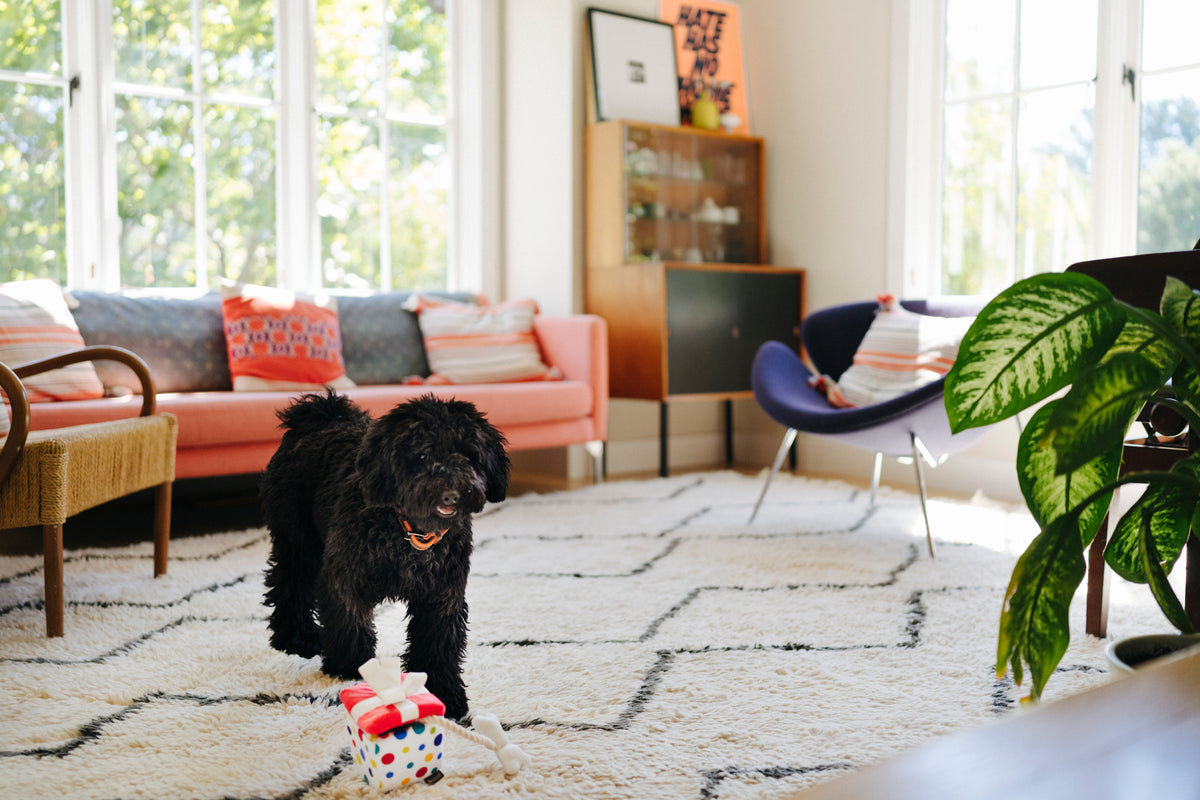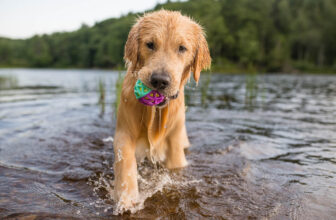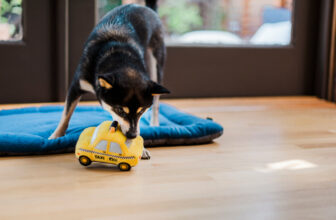Welcoming a dog into your home for the first time is a rewarding yet responsible decision. A new furry friend can bring joy, companionship, and unconditional love into an otherwise dull life. It can be your partner through thick and thin, a worthy companion for life. However, navigating through this journey entails more than just cuddles and playtime — it requires practical preparation and clear understanding. To ensure a smooth transition and happy life for you and your new buddy, here are five essential tips for every new dog owner and some common pitfalls to avoid.
1. Prepare Your Home
Consider your dog as a fresh addition to the family, deserving its own dedicated living space. Establish a proper living corner for your dog equipped with a bed, food, and water bowls, and appropriate toys. Make sure that this chosen resting spot is easily accessible and away from foot traffic; the dog also needs its privacy. Remove any potential hazards, such as toxic plants or small objects that could be ingested. Also, tape up any low-lying electrical outlets to reduce the risk of electrocution.
2. Ensure Proper Hygiene
Dogs are lovable and highly energetic animals. They love playing with their human and don’t mind getting dirty in the process. It is your job to monitor your dog’s health and maintain a hygienic lifestyle. Regular veterinary check-ups are essential to monitor your dog’s health and administer necessary vaccinations. Moreover, properly disposing of your dog’s waste is a significant responsibility. However, if you are busy or simply do not want to clean their mess, consider hiring a professional dog poop service to ensure safe and efficient waste management. Professionals will regularly clean up and dispose of your dog’s waste from your property. Hiring these experts addresses the common challenge of maintaining a clean outdoor environment while managing your dog’s waste responsibly.
3. Provide Suitable Nutrition
Maintaining a balanced and nourishing diet is paramount to your dog’s well-being. Different dog breeds have different nutritional requirements, so consult your veterinarian to create a personalized diet plan. Additionally, the size and breed of your dog influence the amount of food they should consume to maintain a healthy weight. Avoid giving your dog human food; these can be high in salt, which can adversely affect their health. Foods such as chocolate, grapes, and onions are toxic to dogs and thus should be kept away from their reach.
4. Prioritize Regular Exercise
Dogs thrive on a regular dose of physical and mental engagement; There is nothing more enjoyable for a dog than playing with its owner. Daily exercise, thus, is not just an option but a necessity for maintaining their health. Regular walks are a great way to maintain a healthy lifestyle while also providing your dog with the opportunity to get familiar with its surroundings. Customizing your dog’s exercise routine based on their breed and energy level is vital. High-energy dog breeds require more playtime. Neglecting regular exercise can lead to a range of issues, including obesity, behavioral problems, and even physical health concerns. Interactive toys, puzzles, and agility games can stimulate their cognitive abilities and prevent boredom.
5. Implement Positive Reinforcement Training
Dogs are identical to children in many ways; they both are cute and loving but wildly undisciplined. Training your dog is thus considered a cornerstone of dog ownership. Positive reinforcement techniques serve as the foundation for effective training, focusing on encouraging desired behaviors rather than punishing unwanted ones. Be prompt in rewarding good behavior with treats to allow your dog to associate the treats or praise with their action. The rewards can range from treats to spending time with their favorite toy. Avoid harsh methods such as yelling or physical corrections since these can be detrimental to your dog’s behavior in the long run.
Some Common Mistakes
Improper Socialization
Dogs are social creatures. They live to entertain and love their humans to the best of their ability. Limiting your interaction with them can lead to problematic behavior. Try to socialize with your dog during its puppy stage. This will create a strong bond with your dog and increase the chances of it listening to your commands. Take the time to introduce your dog to new scents and people. Skipping socialization can lead to fear and aggression issues.
Inconsistent Routine
Dogs thrive on a set routine; they want their meal, walk, and play at a certain time. Disrupting their routine can lead to aggressive behavior, which is extremely difficult to manage. This can also cause them to become stressed and anxious. Dogs might become hesitant to eat or consume excessive food due to increased anxiety. This, in turn, affects their energy balance and can lead to weight issues. The key to preventing these complications is to establish a consistent timetable for your dog’s activities. Adhering to it may be difficult initially, but remember it’s for your dog’s well-being.
Harsh Training Methods
Loving your furry buddy is essential for a good human-dog relationship. Employing punitive training methods defeats the purpose of having a dog in the first place. These methods, although extremely popular, can cause feelings of resentment in your dog. Dog ownership requires patience and understanding. Approach challenges with a calm and patient attitude, building a strong foundation for a lasting relationship. Opt for positive reinforcement techniques to build a strong bond.
Overfeeding
Some people find it difficult to refuse their dog extra food. Avoid this! Feed them portions according to their energy and dietary requirements, and refrain from excessive use of treats. Obesity is a big problem for dogs as it can lead to several health complications in the long run, reducing their lifespan. Feed them high-quality foods in adequate amounts to ensure a healthy and energetic pup.
Conclusion
Practicality and care are your constant companions on the path to adopting your first puppy. By following these five simple guidelines and steering clear of common pitfalls, you’ll be able to offer a safe and supportive environment for your new furry family member. From home preparation and routine establishment to positive training and persistent exercise, each step contributes to a happy mutt and a good relationship. With these ideas, you may begin this transforming chapter of dog ownership, knowing that your dedication will be repaid with endless affection and companionship.






